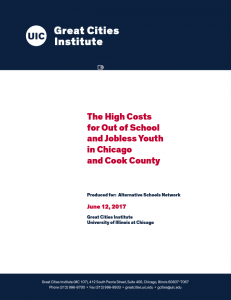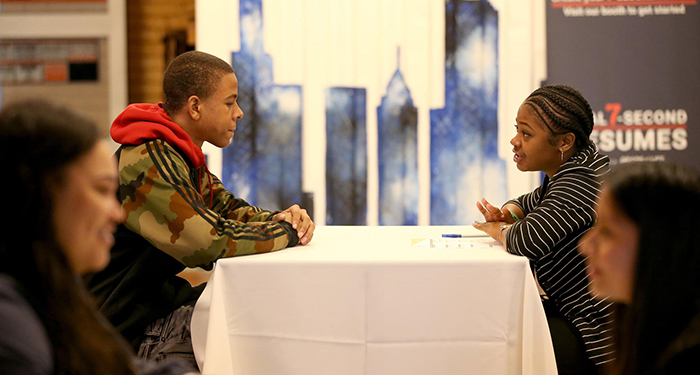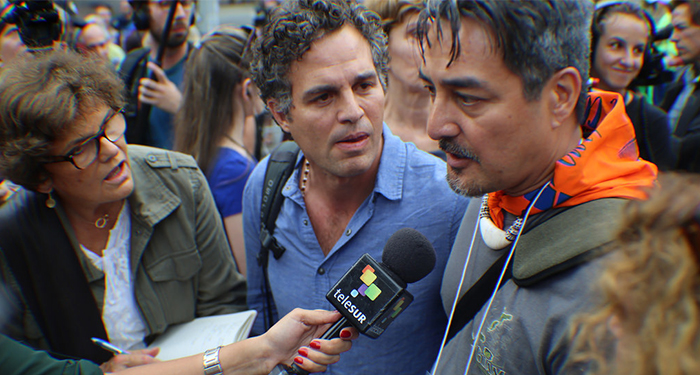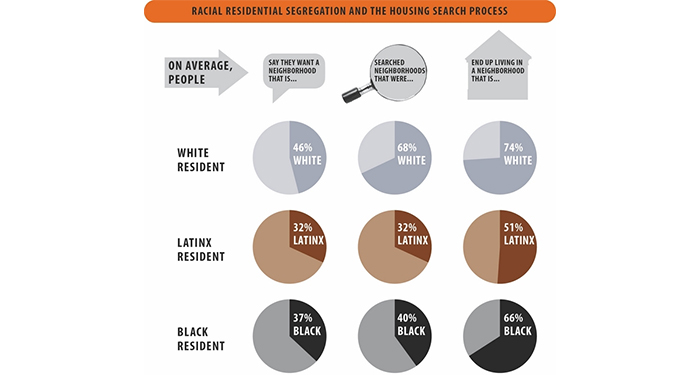
Executive Summary:
This report, The High Costs for Out of School and Jobless Youth in Chicago and Cook County, is the fourth report produced by UIC’s Great Cities Institute (GCI) for the Alternative Schools Network (ASN).
This latest report from UIC’s Great Cities Institute updates data on youth joblessness for Cook County from its 2016 report; compiles and calculates longitudinal employment data dating back to 1960; identifies the location of jobs within Cook County in 2014; maps the number of jobs accessible via public transit to people living in Chicago’s Community Areas in 2014; and calculates individuals’ net fiscal contribution on the tax base, by levels of educational attainment.
Authors:
Teresa L. Córdova, Ph.D.
Matthew D. Wilson
Read the Full Report Here.






